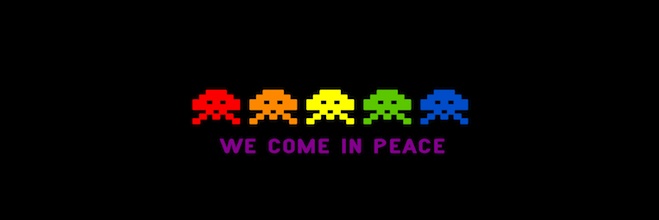Tag: invasion
-
Just a little Youtube number in honour of Invasion Day (previously known as Australia Day).
-
Poem Communities
•
3 min read
Growing up in the 1980s in rural Australia, I immersed myself in two passions: reading books and playing sport. I was never much one for football or cricket, preferring instead cross-country running, endless laps of the pool and, perhaps most vitally, tennis.

![[d/dn]](https://i0.wp.com/daveydreamnation.com/wp-content/uploads/2024/09/oie_l521ir34eJuC.png?fit=136%2C116&ssl=1)
